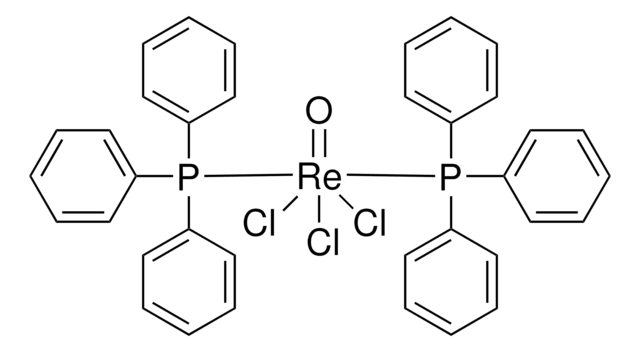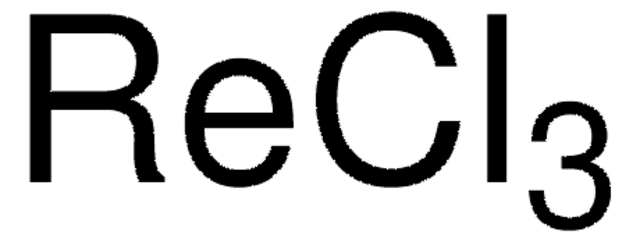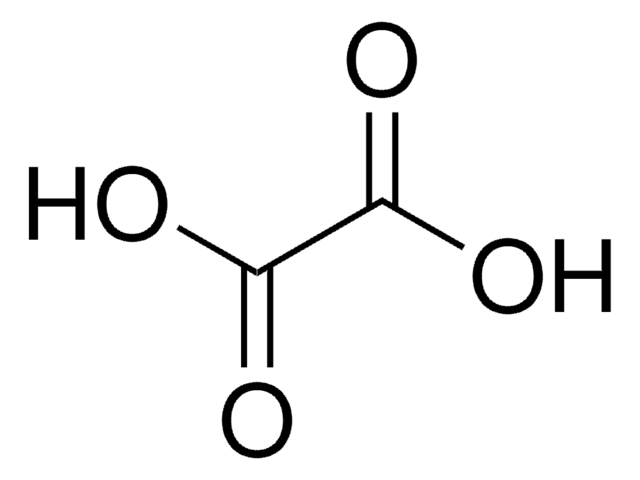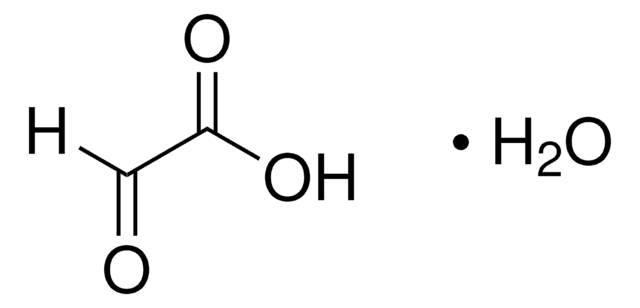330574
Indophenol Blue
Dye content 60 %
About This Item
Productos recomendados
Formulario
powder
Nivel de calidad
composición
Dye content, 60%
técnicas
titration: suitable
mp
168-170 °C (lit.)
λmáx.
606 nm
aplicaciones
diagnostic assay manufacturing
hematology
histology
temp. de almacenamiento
room temp
cadena SMILES
CN(C)c1ccc(cc1)\N=C2/C=CC(=O)c3ccccc23
InChI
1S/C18H16N2O/c1-20(2)14-9-7-13(8-10-14)19-17-11-12-18(21)16-6-4-3-5-15(16)17/h3-12H,1-2H3/b19-17+
Clave InChI
VRZJGENLTNRAIG-HTXNQAPBSA-N
¿Está buscando productos similares? Visita Guía de comparación de productos
Descripción general
Código de clase de almacenamiento
11 - Combustible Solids
Clase de riesgo para el agua (WGK)
WGK 3
Punto de inflamabilidad (°F)
Not applicable
Punto de inflamabilidad (°C)
Not applicable
Equipo de protección personal
dust mask type N95 (US), Eyeshields, Gloves
Elija entre una de las versiones más recientes:
¿Ya tiene este producto?
Encuentre la documentación para los productos que ha comprado recientemente en la Biblioteca de documentos.
Los clientes también vieron
Nuestro equipo de científicos tiene experiencia en todas las áreas de investigación: Ciencias de la vida, Ciencia de los materiales, Síntesis química, Cromatografía, Analítica y muchas otras.
Póngase en contacto con el Servicio técnico









